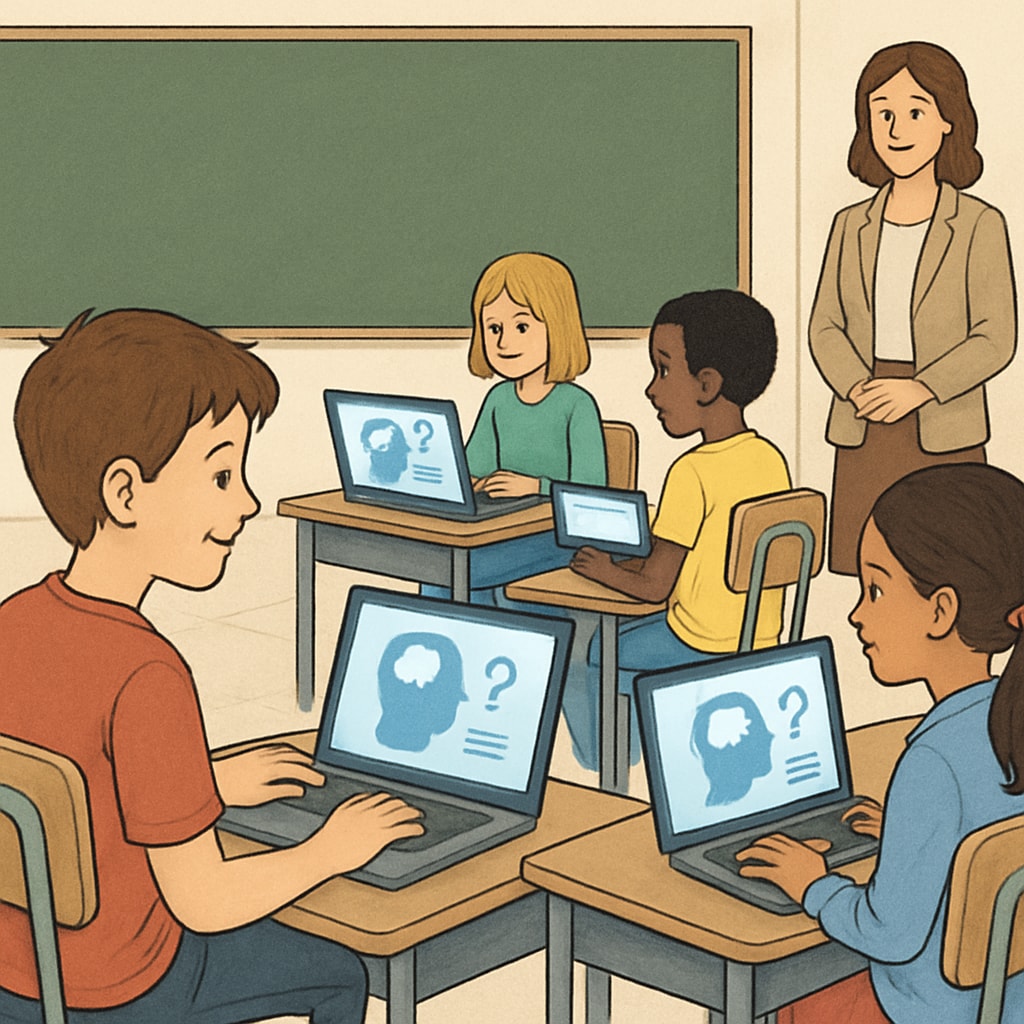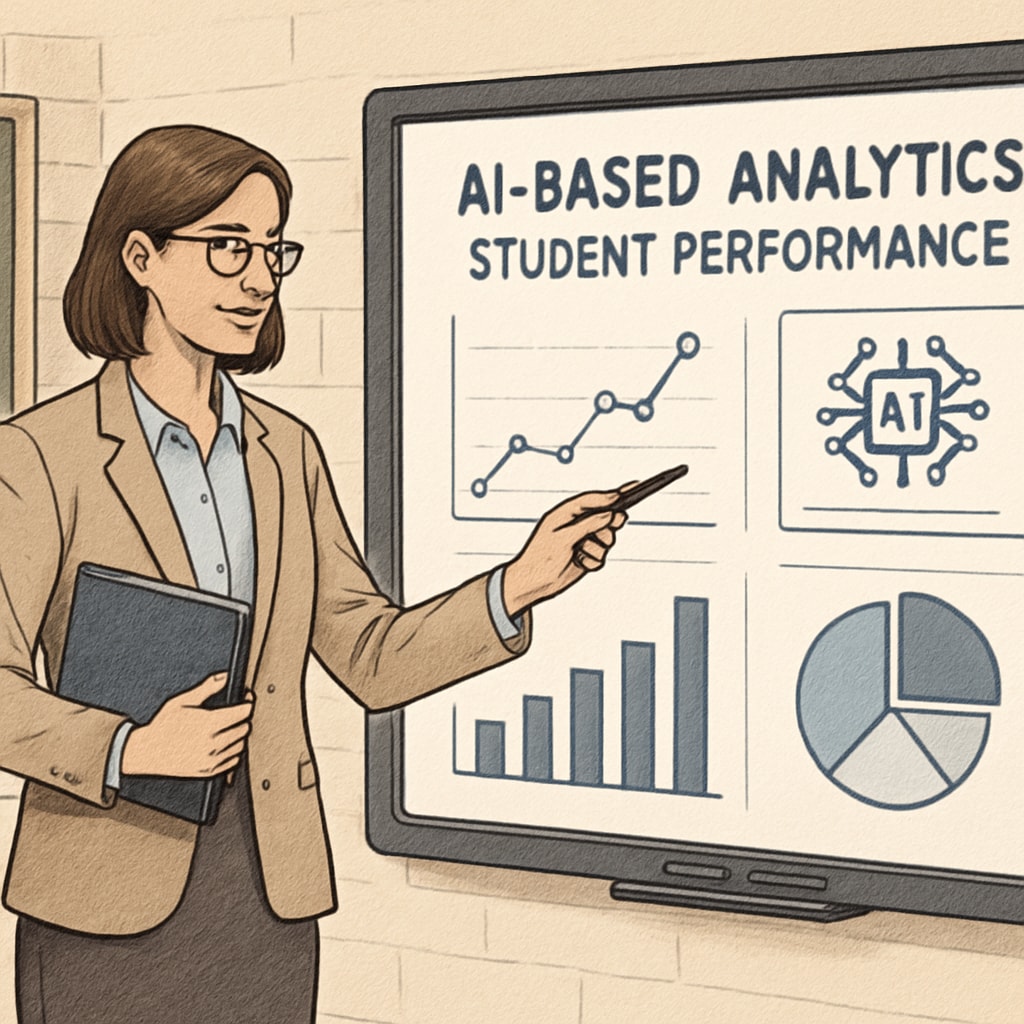The integration of artificial intelligence (AI), education, and technology companies is rapidly transforming classrooms worldwide. Tech giants are introducing AI tools into K12 education under the guise of innovation, claiming to enhance learning outcomes and personalize education. However, this ambitious move is not without its skeptics. Teachers, parents, and researchers are questioning whether this large-scale experiment is backed by sufficient evidence and ethical considerations. Are these AI tools genuinely designed for student success, or are they a “Trojan horse” for corporate profit?
Tech Companies and Their AI Strategies in Education
Leading technology companies, such as Google, Microsoft, and Amazon, have developed AI-powered platforms specifically designed for schools. These include virtual teaching assistants, automated grading systems, and adaptive learning software that claims to cater to individual student needs. For example, Google’s AI-driven tools like Google Classroom and Read Along leverage machine learning to engage students more interactively. Similarly, Microsoft’s AI-powered Immersive Reader aims to make education accessible for learners with diverse abilities.
While these innovations promise to modernize education, critics argue that they serve dual purposes. On the surface, they aim to improve teaching and learning, but deeper analysis suggests they also function as data collection systems, funneling valuable student information into corporate databases. This data, in turn, is used to refine their AI systems and potentially fuel other commercial ventures.

Educator Concerns: Are Teachers Being Replaced?
One of the most significant concerns among educators is the potential for AI to replace human teachers. While tech companies argue that AI tools are designed to assist rather than replace teachers, many educators remain skeptical. Automation of grading and lesson planning, for example, could lead to reduced reliance on teaching staff. Furthermore, over-reliance on AI systems may undermine the critical role of human connection and empathy in education.
Another concern is the lack of transparency in how these AI algorithms function. Teachers often find themselves using tools they do not fully understand, raising questions about accountability and trust. What happens if an AI system makes an error in grading or provides incorrect feedback? These unanswered questions further fuel the apprehension among educators.

Public Outcry: Data Privacy and Ethical Concerns
Beyond the classroom, parents and advocacy groups have raised alarms about data privacy. AI systems in schools often collect sensitive information, including learning patterns, emotional responses, and even biometric data. Critics argue that such data could be misused or exposed to security risks. For example, a 2021 report by the Electronic Frontier Foundation highlighted how some educational technologies lacked robust data protection measures, putting millions of students’ personal information at risk.
Additionally, ethical questions loom over the commercialization of education. Should multinational corporations play such a pivotal role in shaping how children learn? By embedding themselves into the education system, tech giants gain unparalleled influence over curricula, teaching methods, and even the definition of educational success.
Looking Ahead: Finding a Balanced Approach
While the integration of AI in K12 education has its merits, such as personalized learning and improved accessibility, stakeholders must proceed with caution. Policymakers, educators, and parents need to collaborate to establish clear guidelines for the ethical use of AI in classrooms. Transparency in data usage, rigorous testing of AI tools, and ongoing teacher training should be mandatory components of any AI implementation plan.
Moreover, the role of human teachers must remain central to the educational experience. AI should complement, not replace, the skills and emotional intelligence that educators bring to the classroom. By striking a balanced approach, society can harness the benefits of AI without compromising the core values of education.
As the debate continues, one question remains: Are we ready to hand over our classrooms to algorithms, or should we tread carefully to ensure technology serves education, not the other way around?
Readability guidance: This article uses short paragraphs, clear transitions, and lists to enhance readability. It minimizes passive voice and long sentences while balancing technical depth and accessibility.


